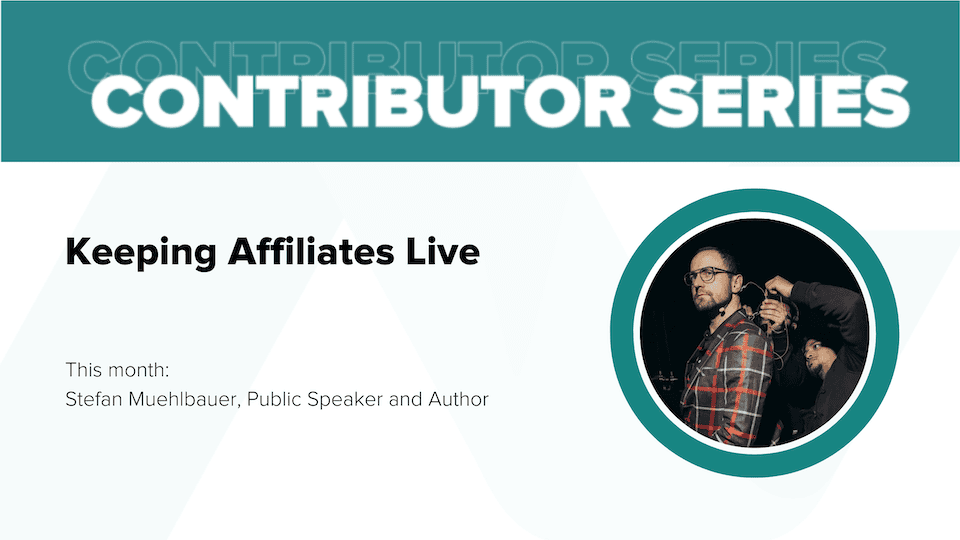In the second social media mass firing in a week, Meta has dropped 11,000 global employees from its business. Meta, which is made up of Facebook, Instagram and Whatsapp, is cutting 13% of its workforce, as per a statement from CEO Mark Zuckerberg.
But there are some theories as to why. Sure, there is the theory that Zuckerberg presented, but is that the truth or the words of some PR team? We explore.
Over-employing?
The first theory on why Meta is culling so many jobs worldwide is basic budgeting as the CEO said in his statement.
“Today I’m sharing some of the most difficult changes we’ve made in Meta’s history. I’ve decided to reduce the size of our team by about 13% and let more than 11,000 of our talented employees go.”
“At the start of Covid, the world rapidly moved online and the surge of e-commerce led to outsized revenue growth. Many people predicted this would be a permanent acceleration that would continue even after the pandemic ended. I did too, so I made the decision to significantly increase our investments. Unfortunately, this did not play out the way I expected. Not only has online commerce returned to prior trends, but the macroeconomic downturn, increased competition, and ads signal loss have caused our revenue to be much lower than I’d expected.”
So ultimately, Zuckerberg is saying that he was too optimistic at the start of the pandemic and employed accordingly, only to realise that he couldn’t afford his team when the world opened up again. At least, according to the statement, he has the severance package in place rather than Musk’s “There’s the door” approach.
The Metaverse is too expensive?
But why is Meta losing money like sand through a sieve? Is it just the downturn in interest in social media since the lockdown gates opened? That would be convenient, but other social media platforms aren’t suffering as much. They’re all suffering, but they’re managing to chug on, ever-adding features designed to entice more users. They also all saw an uptake in users and engagement. You might even say they saw more. Think about how much TikTok and Twitter were talked about during the lockdown as opposed to who mentioned Facebook. And yet Meta is laying off 11,000!
Well, there’s one thing Meta has that others don’t: a dream. No, we’re sure even Pinterest has ambitions, it’s just that they’re definitely just not as big or as draining as the Metaverse. The Metaverse has yet to get any positive press and in fact, is becoming quite the joke. Bezos has rockets, Musk has cars and rockets, or Twitter now, Zuckerberg has the Metaverse: a pointless endeavour draining money in place of solving world hunger. The latest story on the Metaverse isn’t its “improved graphics” that no longer resemble a PS1 game, but the fact that there is only 35 people using it, give or take. The market shares this scepticism, with Metaverse shares down 71% in the year to date.
And yet, Zuckerberg’s dream lives on. His statement for the future says they will focus on “a smaller number of high-priority growth areas — like our AI discovery engine, our ads and business platforms, and our long-term vision for the metaverse”. This theory says that 11,000 people globally lost their job so that office workers could take Zoom meetings virtual – according to Meta’s own marketing.
A move towards performance marketing?
Then again, maybe this will signal something good. The layoffs were whispered in the air for weeks before the button was finally pressed, and another change is also in the wind. For decades now, brands have been investing in social media on a fixed fee and paid ad basis, but as the social media market turns more performance-based, can Facebook and Meta by extension be the pioneer of performance-based marketing? This could be exactly the shakeup Meta needs to make that drastic change to their marketing that they’ve been threatening for years now. The current model isn’t working for them. The algorithm isn’t as good as others, the audience demographic isn’t there, and Facebook has been looking for an alternative for years now. This could be the money-making solution that they’ve been looking for.
If you’re interested in gaining more insider knowledge on affiliate marketing, take a look at our blog, or for more personalized advice, book a free call with a member of our team.
Or for the very best advice, get your free tickets to gain access to our Amplify Virtual Summit. Coming in January of this year, Amplify aims to bring you the latest affiliate, performance, and partner marketing insights from across the globe. Don’t miss it.























